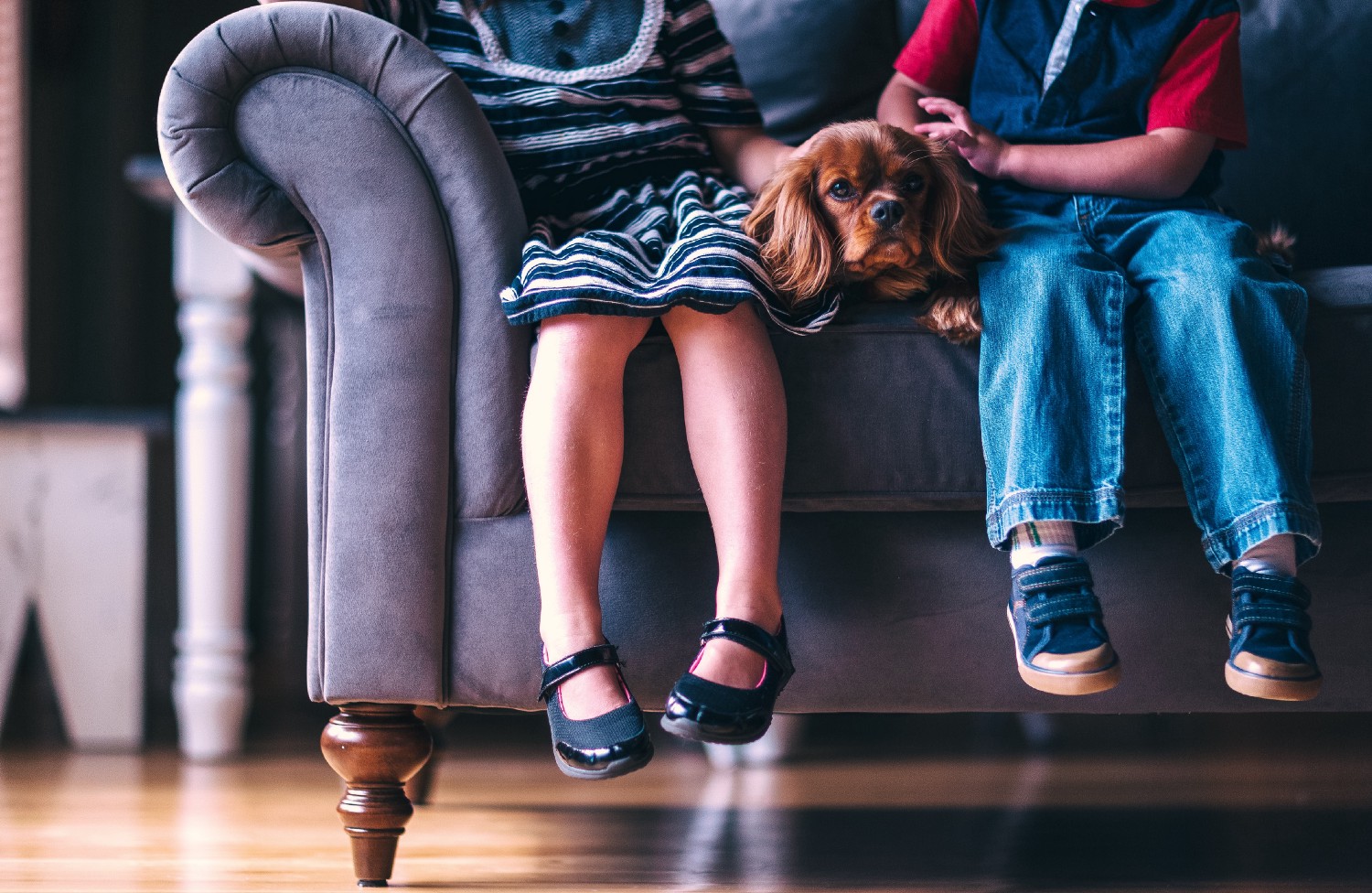Few things are as important to parents as helping their children feel safe and secure. But on the aftermath of the senseless terrorist attack at Ariana Grande’s concert — a performer with a largely teen/ tween fan base — parents are at a loss at how to offer their children the reassurance that will help them feel safe in the world.
Here are a few thoughts that may be helpful in navigating through this heartbreaking story with children.
First, center yourself While the words we choose are important, our meta communication matters even more. Children take their cues from us about how to interpret the events around us, watching our reactions and composure (or lack thereof) to determine how they should feel about a situation. Meditate, pray, listen to inspiring music, or find a friend with whom you can offload your fears before you talk with your kids so that your calm reassurance feels authentic.
Answer questions based strictly on what your children know. Your first question should be, “Can you tell me what you have heard?” Don’t flood children with more information than they are ready to process. Let them lead the conversation.
Less is more. Many children simply want to know: Am I safe? Could this happen to me? Read between the lines of their questions and focus on delivering what they need most: an assurance that they will be protected and safe.
Stay close. Your physical presence can be vital in helping children feel settled and at ease. Snuggle up, have a pillow fight, or take a walk in nature to help everyone stay grounded. If you don’t have a cuddler, pull out the board games or play Charades. Humans thrive on togetherness and connection, so give yourselves the simple pleasure of being with one another when anxiety is looming large.
Maintain rituals. Children are comforted by rituals and routines when the world outside feels so very unpredictable. Maintain typical rules and limitations. That means no three-hour marathons on video games or skipping their bath. Continuity with the world before these awful events helps children know that life goes on.
Limit exposure to media. Young children have very porous filters and are easily traumatized by dramatic images and interviews. Keep young children away from broadcasts. If you have tweens and teens who are keen to know more about the attack, sit together if you watch the news, answering questions and helping them manage big emotions like fear, sadness, or anger.
Allow them to offload their worries. Children manage fears much better when they do not keep them bottled up inside. Encourage your kids to express their worries even if you’re unable to dismiss their concerns. Getting scary emotions out in the open helps prevent children from magnifying fears and distorting snippets of information they may have heard.
Emphasize that you and your children are safe. We may not feel safe in the midst of random acts of violence, but statistically speaking, we are. Emphasize to younger children that the bad guys have been caught and that there are many people watching out for our safety and well-being. With tweens and teens who are more aware of the risks in our world, emphasize that statistically speaking we are safe and it is heartbreaking that there are people in the world who are in such despair that they resort to violence.
Watch for signs of anxiety or stress. These include changes in appetite, difficulty focusing on schoolwork, headaches, sleep problems, irritability, nightmares, and of course heightened anxiety. If these behaviors last for more than a week or so, and your child’s teacher is seeing similar behavior in the classroom, seek help from the school counselor or outside professional support.
Susan Stiffelman is the author of Parenting Without Power Struggles: Raising Joyful, Resilient Kids While Staying Cool, Calm and Connected and Parenting with Presence: Practices for Raising Conscious, Confident, Caring Kids (An Eckhart Tolle Edition). She is a family therapist, parent coach and internationally recognized speaker on all subjects related to children, teens and parenting.
To learn more about her online parenting courses, classes, and personal coaching support, visit her Facebook page or sign up for her free newsletter.
Originally published at medium.com


